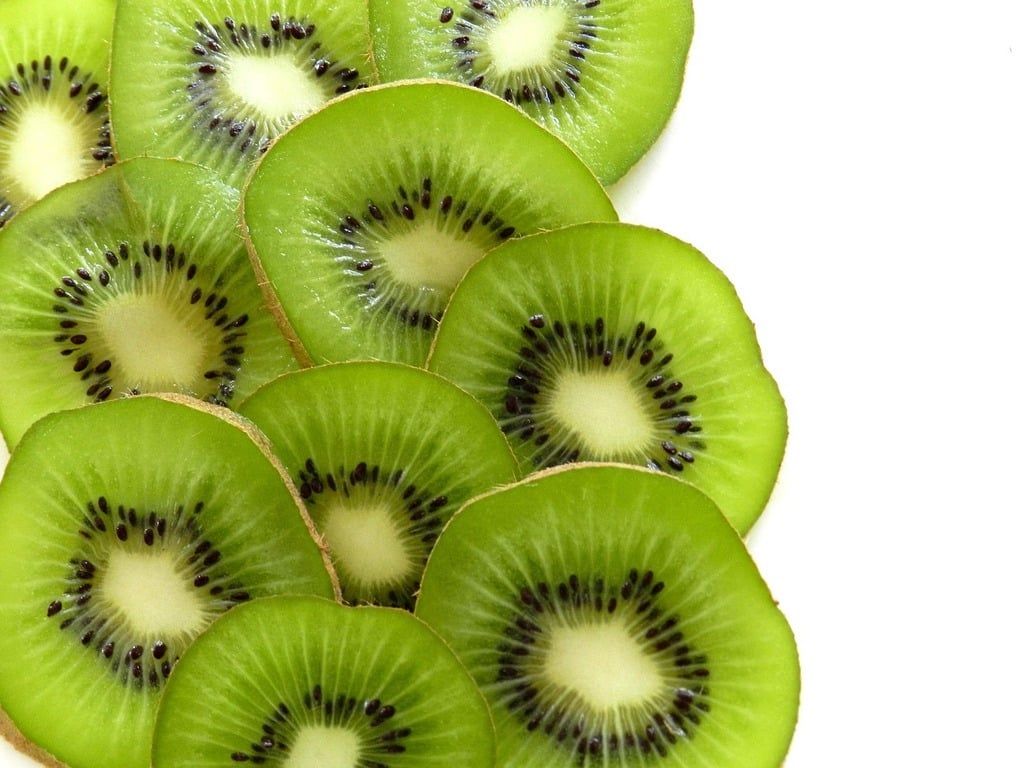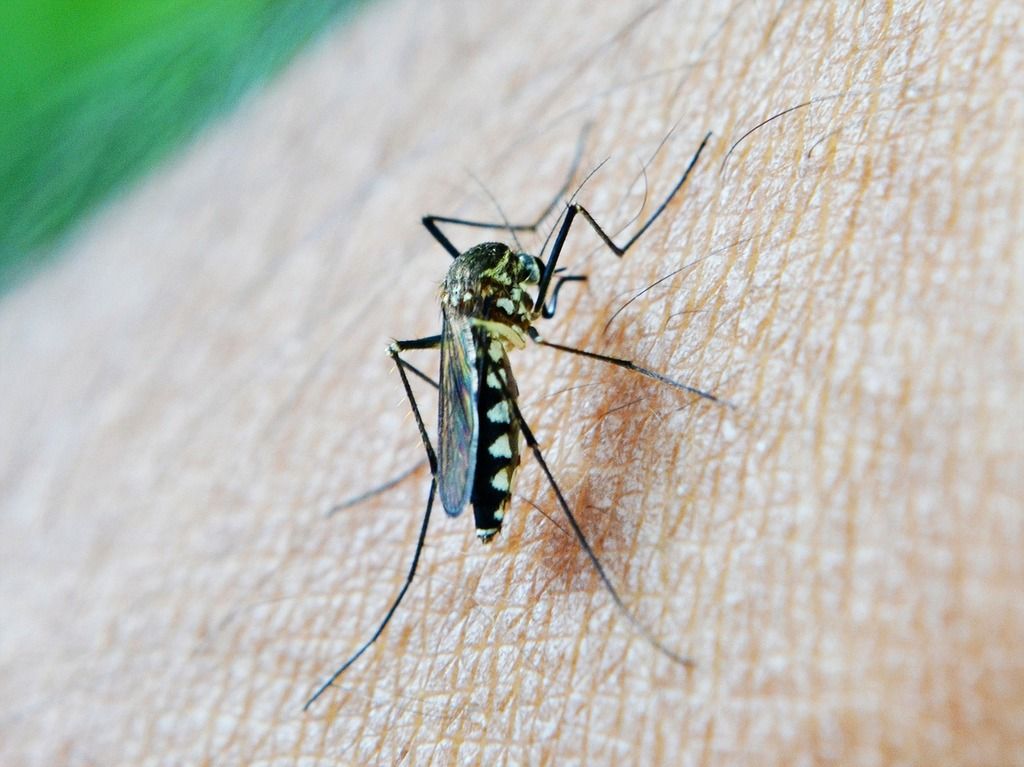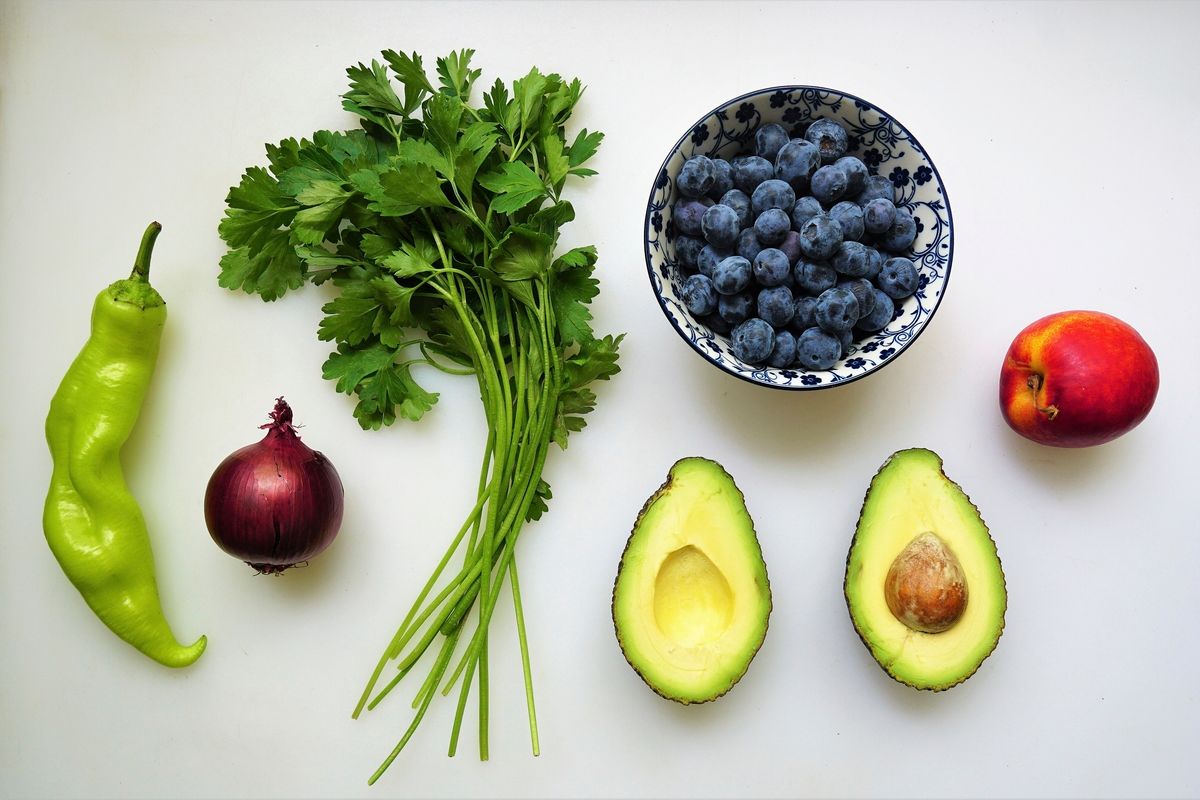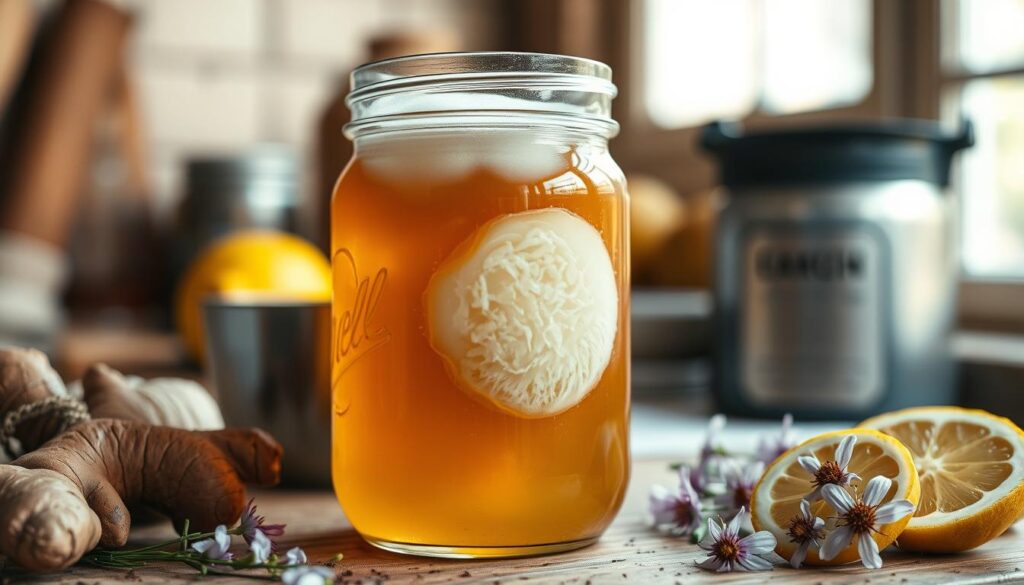
Unfenneling the Truth: Diving Deep into the World of Fennel
- Jun 13, 2024
Initially, familiarizing yourself with a new herb might feel like you’ve landed on alien terrain. The unfamiliar textures, tastes, and alleged health benefits can all be a bit overwhelming. Enter our spotlight herb, fennel. Belonging to the same family as carrot, this Mediterranean native has been used as a medicinal herb for centuries and is a popular culinary component all over Asia, North America, and Europe.
Peppering meals with fennel or its seeds is not a new fad. The tradition is particularly popular in Asia where it serves a dual purpose - flavor enhancer and a breath freshener. The bad news? Despite its extensive usage history, scientific proof of fennel’s health value is rather thin on the ground. But don’t let that kill the vibe, let’s dive into what we do know.
Apart from being quite the culinary charmer, fennel comes armed with a healthy dose of nutrients like antioxidants, unsaturated fatty acids, and amino acids. But remember, always question the nutrition oracle about the authenticity of the health perks of any herb. Turns out with fennel, there's more than meets the eye.
While often associated with boosting breast milk supply, soothing digestive discomfort, and easing menopausal symptoms, the research validating such claims is sadly meager, archaic, or reliant on animal studies. Even its role in alleviating menstrual pain, though supported by some studies, demands further investigation. So, while fennel has long been a beloved feature of traditional healing practices, the scientific community’s verdict is still pending.
Despite the potential uncertainties and disagreements, fennel continues to tantalize the taste buds of chefs worldwide. Hailed for its licorice-like savor, fennel finds a home in savory dishes and sweet ones alike. From salads and soups to savory stews, fennel is more than just a health-buff's herb; it's every gourmand's delight.
Before you scurry off to the herb aisle, a little word of caution. While regarded as safe by FDA, fennel could elicit side-effects like nausea and stomach cramps in some people, especially when consumed in large amounts. Specific health concerns such as pregnancy or breastfeeding also warrant a consultation with your healthcare professional before incorporating fennel supplements into your diet.
In this wild, wacky world of herbs and health, remember to take dietary advice with a grain of salt (or a sprinkle of fennel, in this context). With its distinct aroma, flavor, and potential health benefits, fennel undoubtedly has a place at the table, but make sure the place it has in your diet is justified by credible, substantive scientific backing. In the meantime, enjoy it for its culinary charm but proceed with caution on the medicinal claims.






